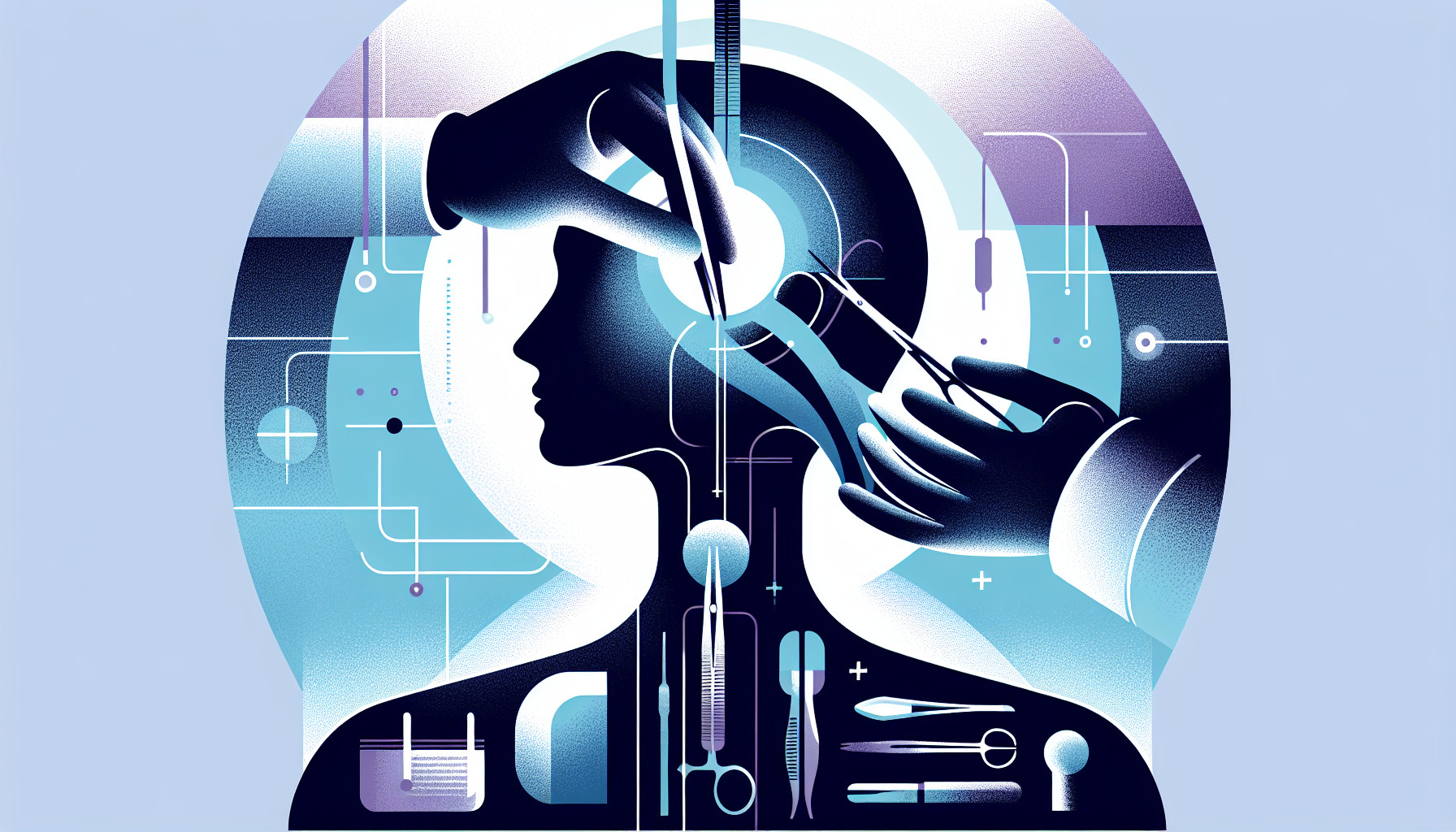Our Summary
This research paper studies the presence of a bacteria called Helicobacter pylori (HP) in nasal polyps and its relation to stomach HP infection and acid reflux disease (GERD). The study included 36 patients with nasal polyps who were to undergo surgery to remove them. Before surgery, the patients were tested for stomach HP infection using a breath test. The nasal polyps were then tested for HP using two separate tests. The patients also reported if they had symptoms related to GERD.
The results showed that about 25% of the patients had HP in their nasal polyps, as revealed by one test, while another test showed a slightly higher detection rate of 30.5%. Interestingly, more than three-quarters of the patients had a stomach HP infection. Furthermore, all patients who had HP in their nasal polyps also had a stomach HP infection and showed symptoms of GERD.
Thus, the study suggests that HP may travel from the stomach to the nose, contributing to the development of nasal polyps and GERD.
FAQs
- What is the relationship between Helicobacter pylori, nasal polyps, and GERD according to the research?
- What percentage of patients in the study had HP in their nasal polyps?
- How were the patients tested for stomach HP infection before their nasal polyp surgery?
Doctor’s Tip
A helpful tip a doctor might tell a patient about nasal polyp removal is to discuss the potential connection between stomach HP infection and nasal polyps. Patients with nasal polyps may benefit from testing for stomach HP infection and treating it if present, as it could potentially help prevent the recurrence of nasal polyps. Additionally, managing GERD symptoms may also be important in preventing the development or recurrence of nasal polyps. Regular follow-up with your doctor and addressing any underlying conditions can help improve the success of nasal polyp removal surgery.
Suitable For
Based on the findings of this study, patients who have nasal polyps and also have symptoms of GERD may be recommended for nasal polyp removal. Additionally, patients with a stomach HP infection may also be considered for nasal polyp removal to prevent the spread of the bacteria to the nose and reduce the risk of developing nasal polyps and associated symptoms. It is important for healthcare providers to consider the presence of HP in both the stomach and nasal polyps when evaluating patients for nasal polyp removal surgery.
Timeline
Before nasal polyp removal:
- Patients undergo testing for stomach HP infection using a breath test
- Nasal polyps are tested for HP using two separate tests
- Patients report symptoms related to GERD
After nasal polyp removal:
- Patients who had HP in their nasal polyps also had a stomach HP infection
- Patients who had HP in their nasal polyps showed symptoms of GERD
- The study suggests that HP may travel from the stomach to the nose, contributing to the development of nasal polyps and GERD.
What to Ask Your Doctor
- What are the potential risks and complications associated with nasal polyp removal surgery?
- How will the surgery be performed and what is the expected recovery time?
- Will I need any follow-up appointments or additional treatments after the surgery?
- Is there a possibility that the nasal polyps will return after they are removed?
- Should I be tested for stomach HP infection and acid reflux disease before or after the surgery?
- How common is it for patients with nasal polyps to also have stomach HP infection and GERD?
- Will treating the stomach HP infection and GERD help prevent the recurrence of nasal polyps in the future?
- Are there any lifestyle changes or medications I should consider to reduce the risk of nasal polyp recurrence?
- What are the potential long-term effects of having nasal polyps and untreated stomach HP infection or GERD?
- Are there any alternative treatment options for nasal polyps that do not involve surgery?
Reference
Authors: Zika G, Fousekis FS, Exarchakos G, Baltayiannis G. Journal: Indian J Otolaryngol Head Neck Surg. 2023 Apr;75(Suppl 1):1084-1089. doi: 10.1007/s12070-023-03585-9. Epub 2023 Mar 3. PMID: 37206703
